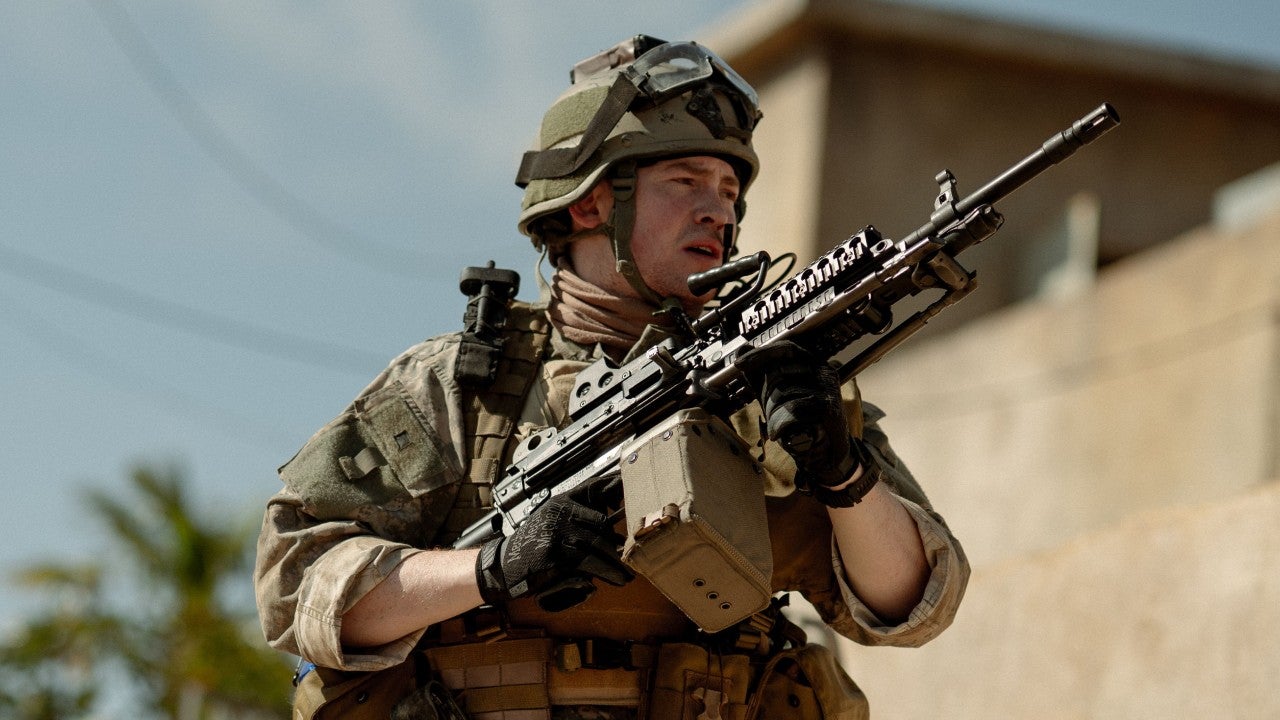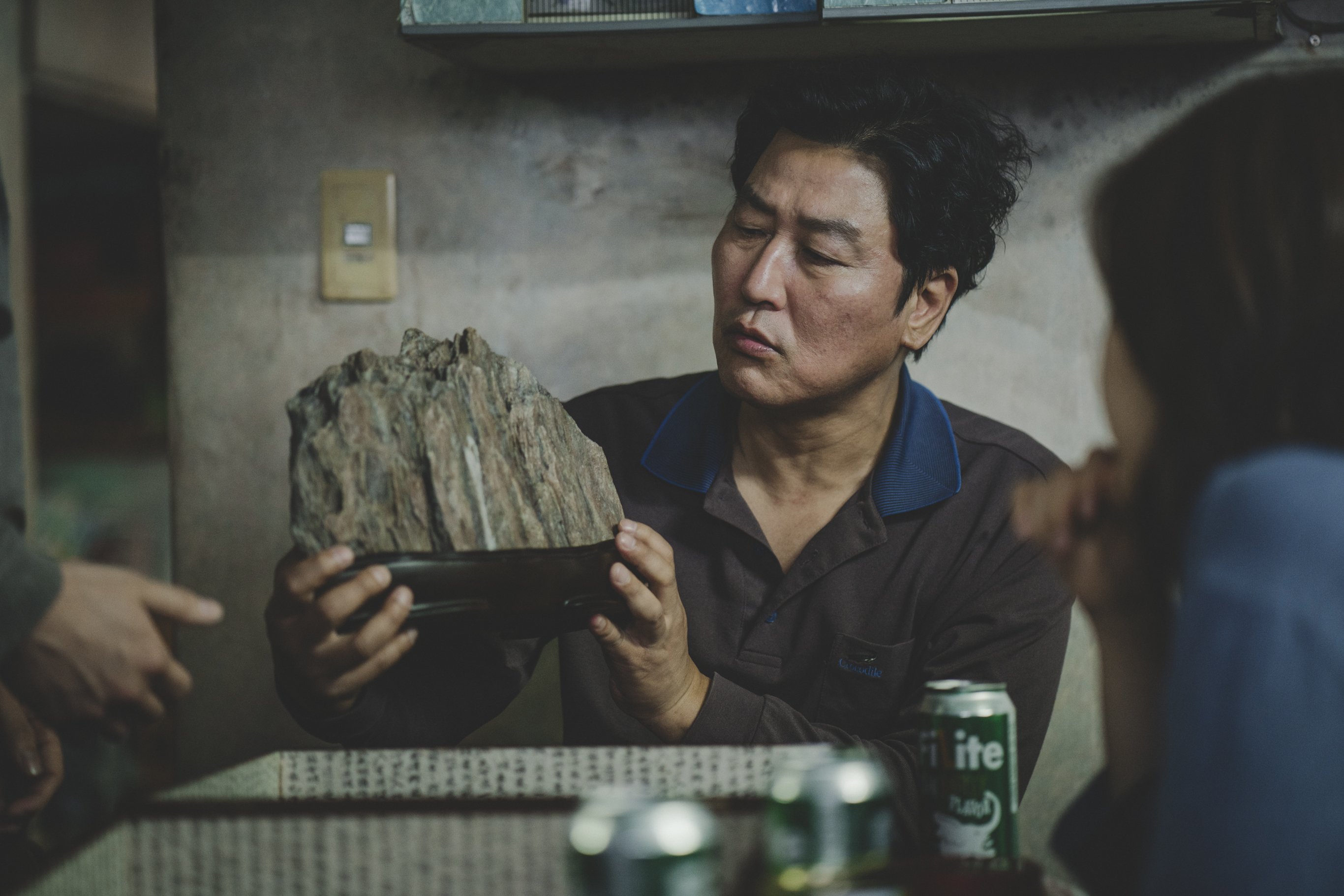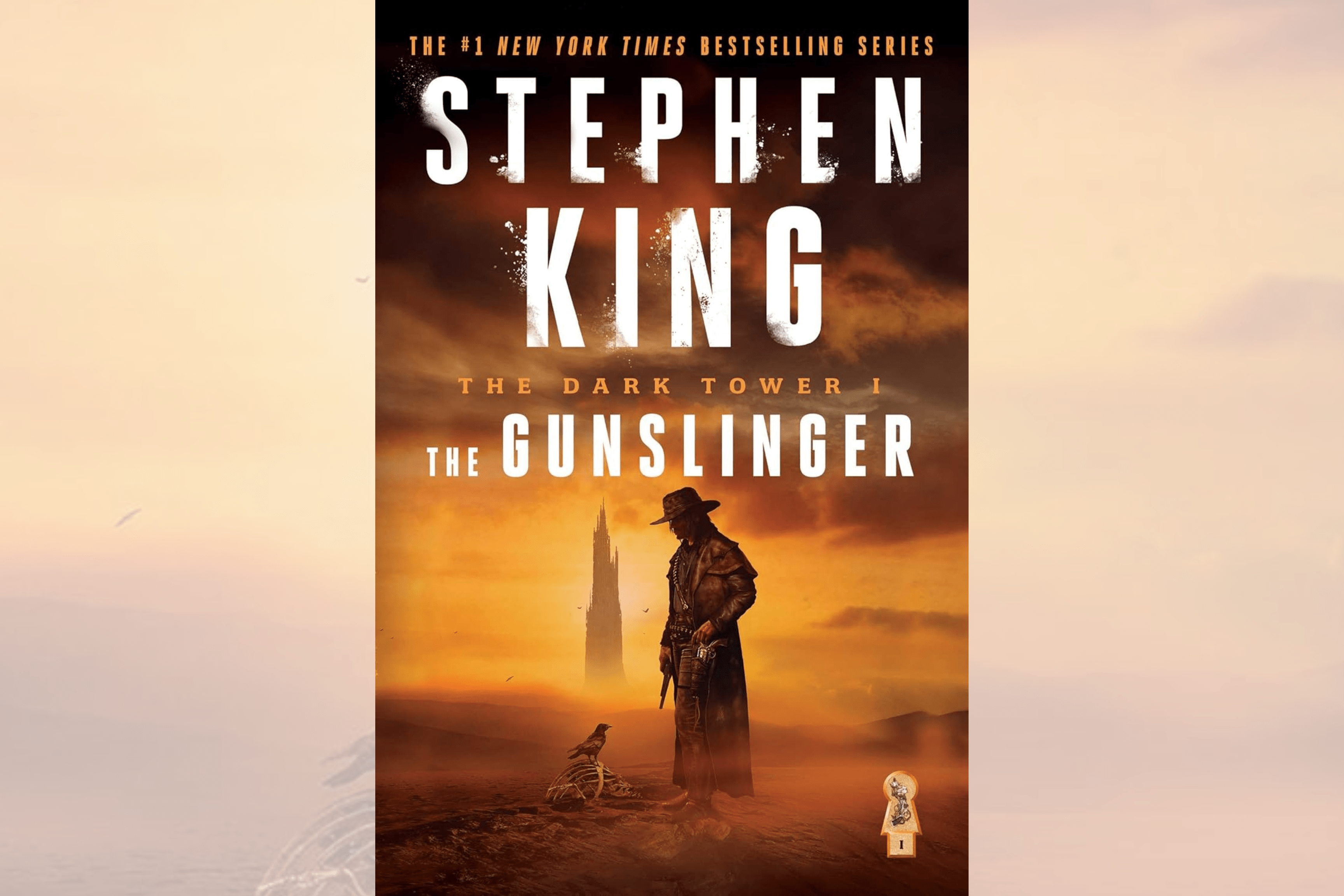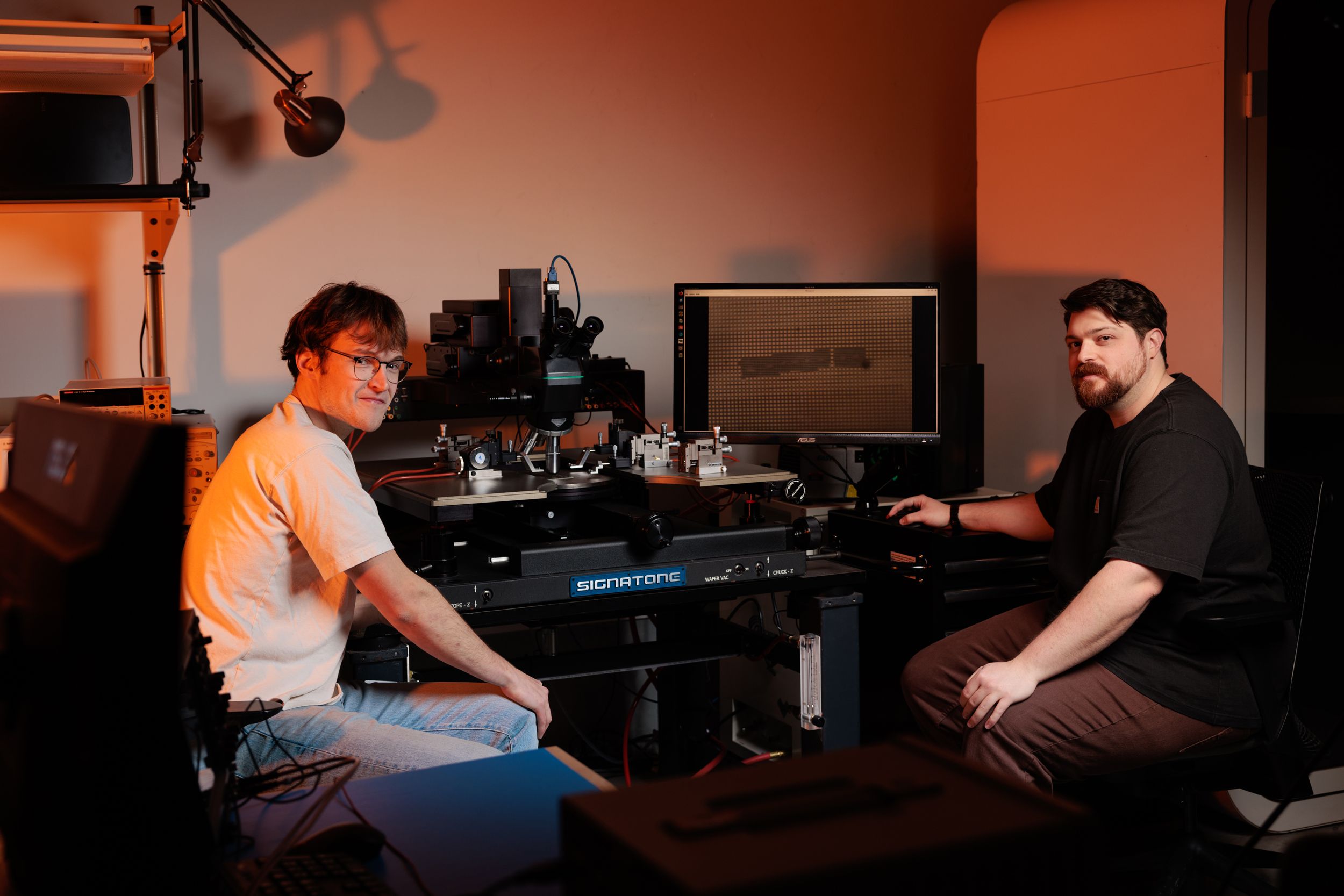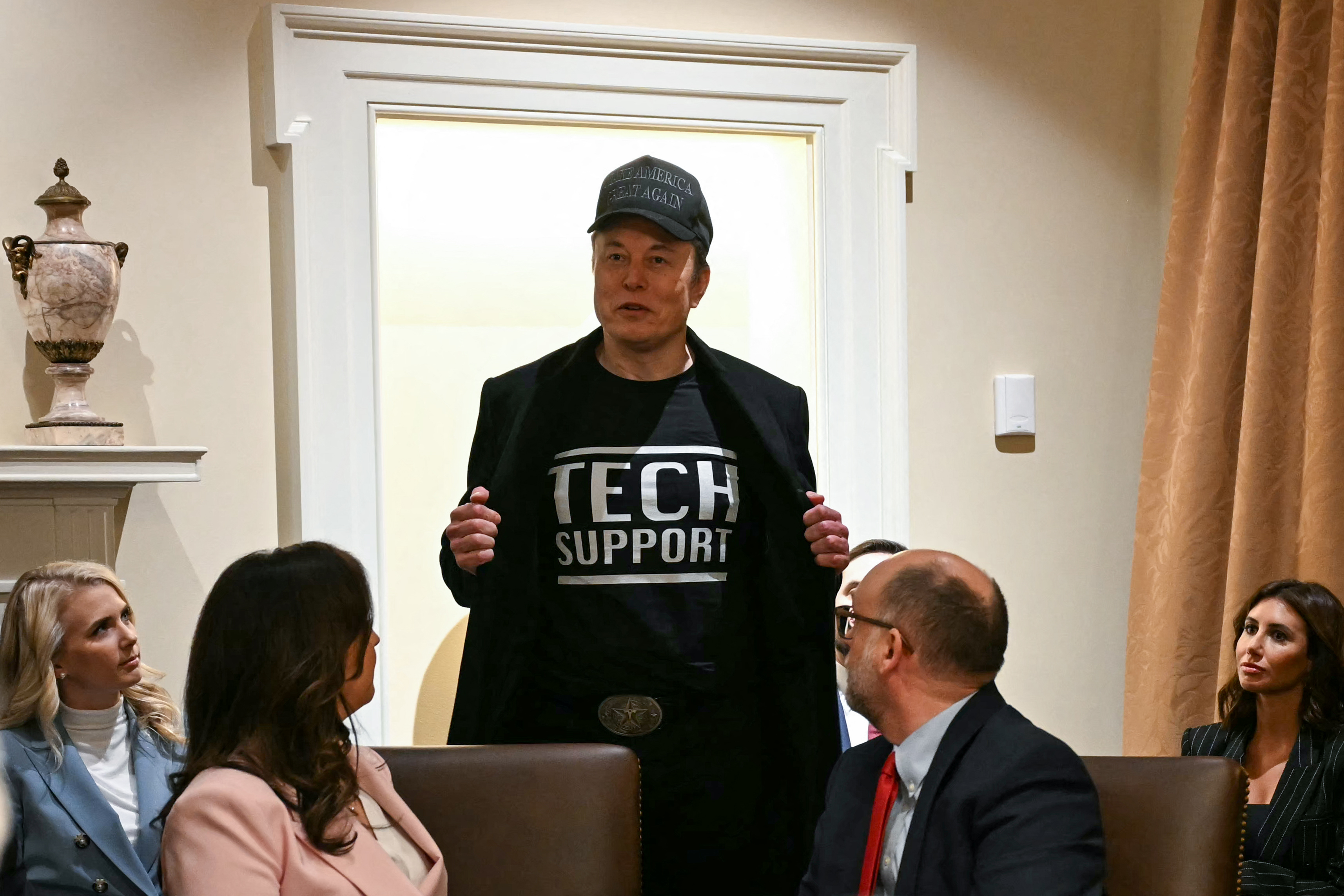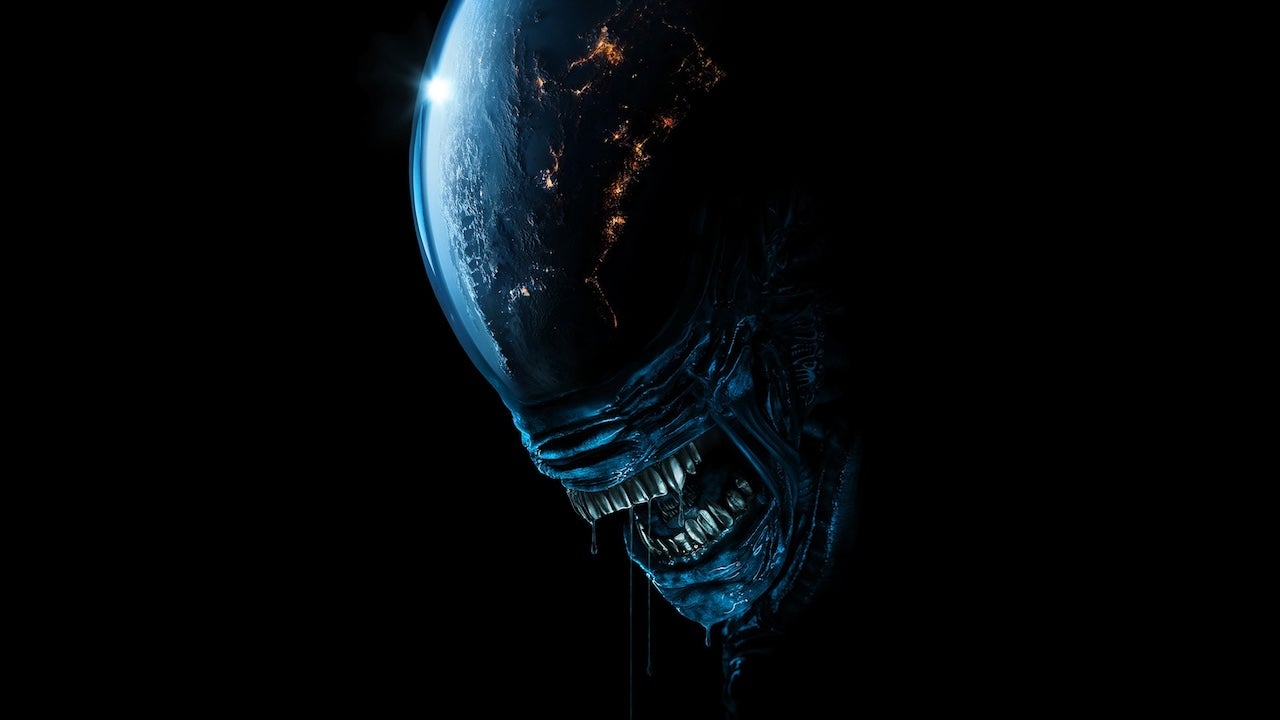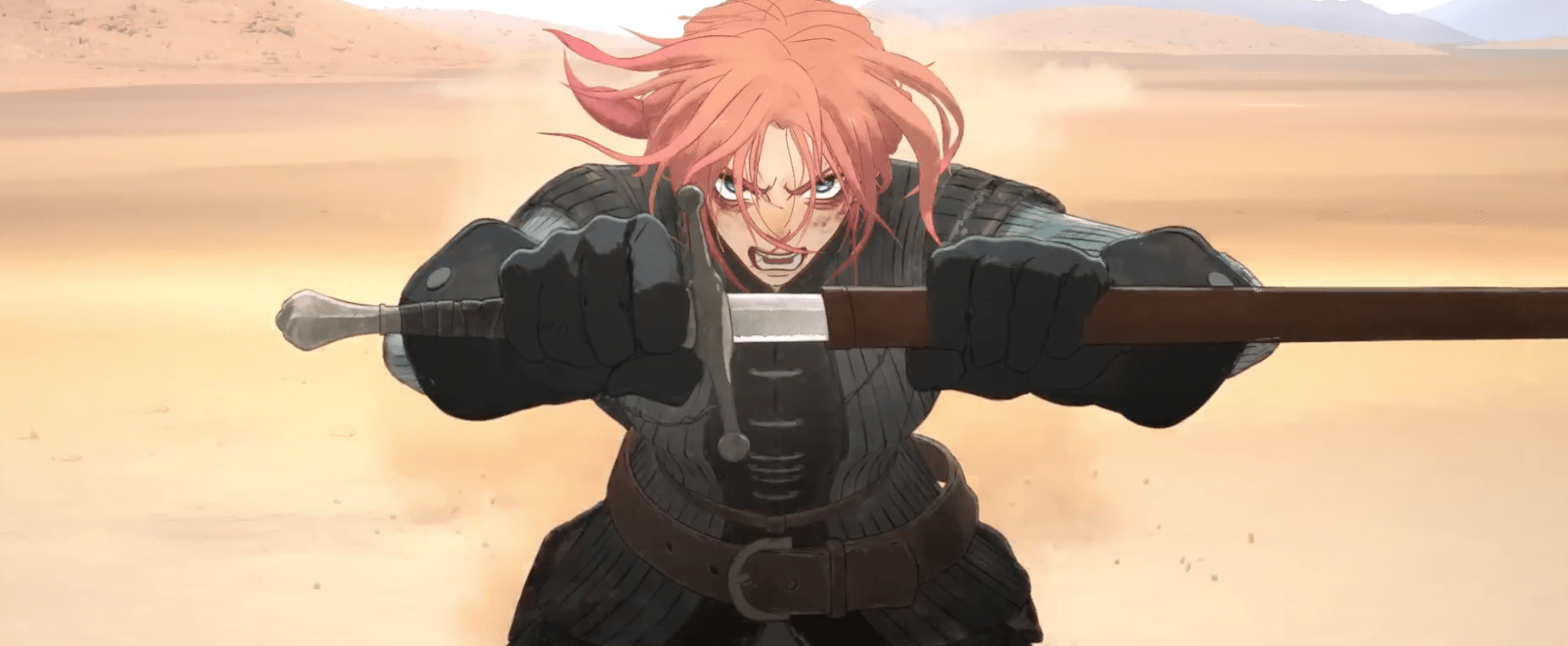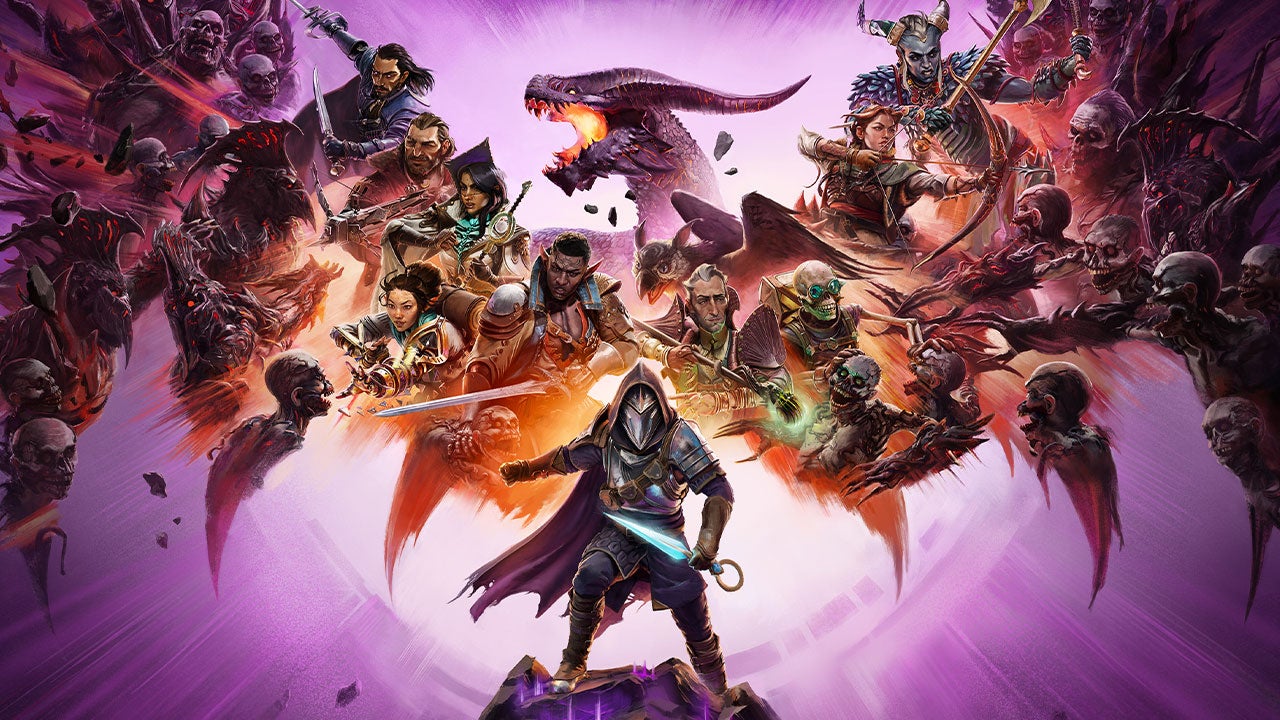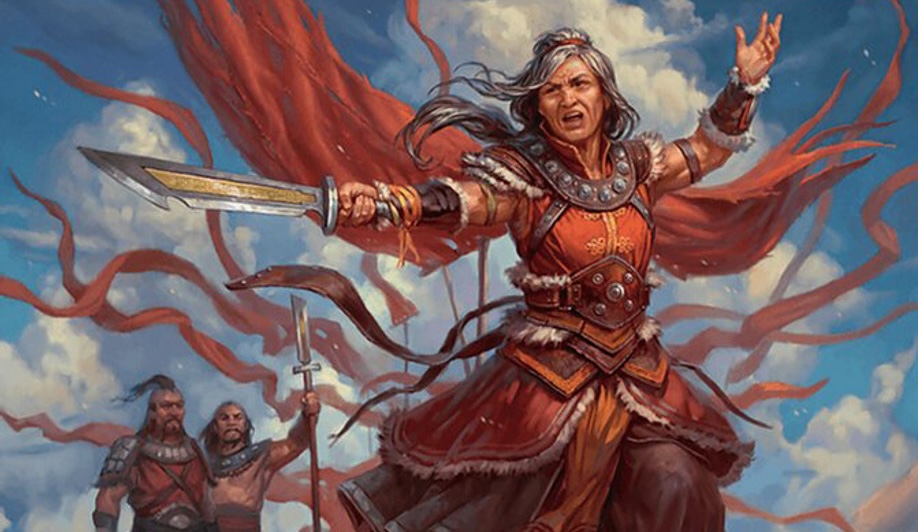
Written and directed by Iraq War veteran Ray Mendoza and Alex Garland (Civil War, 28 Days Later), the new A24 film Warfare follows a platoon of US Navy SEALs in real time as they stake out insurgent activity from within the home of an Iraqi family. Warfare embeds the viewer within an Ramadi apartment building with the SEALs as they fight to survive until their evacuation vehicles to arrive and extract them. As Eric Goldman writes in IGN's Warfare review, this A24 release “is arguably among the most extreme ‘war is hell’ movies ever made by an American studio.”
Culled from Mendoza’s own combat experiences as a SEAL, Warfare’s logline touts that it is “based on the memory of the people who lived it.” Among those who lived it are two of the leading characters portrayed by Will Poulter (Guardians of the Galaxy Vol. 3, Midsommar) and Joseph Quinn (Gladiator II, The Fantastic Four: First Steps), respectively. Poulter plays Eric, a captain in charge of one group of SEALs, while Quinn plays Sam, a petty officer gravely injured once Al Qaeda attacks their location.
I recently had the chance to speak to Poulter and Quinn – before the latter was announced as playing George Harrison in Sam Mendes’ quartet of Beatles biopics – about their experience making the film, the camaraderie between its young ensemble, and striving for authenticity at all times. (This interview has been edited for clarity.)
IGN: First of all, congratulations on this movie. It's pretty singular. I would imagine this is going to be an experience that 30 years from now you'll still be talking about and hopefully still all be friends and everything. It seems unlike probably any movie you've worked on, is that a fair assessment?
Joseph Quinn: That's a very fair assessment. And I'm pleased that you used the word singular. It was certainly a singular experience and a singular approach to filmmaking, which I think has resulted in a very unique cinematic experience, a very unique film. The circumstances were incredibly rare and the bond that we've created after that experience is quite special.
Will Poulter: Yeah, I'm also reminded of something that you said to us, Joe, as a group which really resonated with all the guys, which is like these experiences are maybe once in a career opportunities if you're incredibly lucky. And I think we all feel that. And I certainly hope that we will all be friends 30 years down the line. There's no sign of the friendship dissipating anytime soon, that's for sure.
IGN: Until about the last 20 minutes, it's actually the silence and not this cacophony of noise that is scary. So when you do hear something like a tank rolling in, there’s tension in just guys standing in a room looking at each other. In those scenes where you have very little dialogue for the most part, how are you communicating? It has to be almost the most primal form of acting.
Joseph Quinn: Yeah, that was a brief certainly. Alex and Ray made it very clear that in the moments of stillness, in the moments of inaction potentially, you could call it, it was our responsibility to hold these characters' truth and these characters what they would do in moments of boredom. And we rehearsed the script like a play in the first three weeks, and it was important for Alex and Ray to do what they wanted to do in the time that they had. They had these two cameras that needed to roam and pick up action as when in very, very long takes. We shot, I think, something like nine hours of footage in the first day. Or eight hours or something quite extraordinary.
IGN: I’d imagine then there was no sitting around and waiting on set then it sounds like.
Joseph Quinn: Certainly not. And we were all there because of the nature of the film and the fact that it takes place, the majority of it, in this apartment house. We were all there and we had to be there for each other's coverage. I say we had to, it was a privilege and a joy. But it was very funny, our inaction or our idleness, we would find ways to entertain ourselves as the SEALs did, whilst not getting in the way of the filmmaking itself. It meant that we had to be quite creative in distributing chuckles around quite liberally, and even in the moments of inaction, there was action there on and off camera.
Will Poulter: And the other thing about this that I think speaks to the singularity of the experience and how it broke with convention is how the bootcamp was in itself a rehearsal and the rehearsal was in itself like part of the bootcamp. What I mean by that is by going through that training process, not only did we learn this condensed Navy SEAL crash course of a skillset, but we also developed these bonds and understandings of each other so that when we got to set and we were presented with those moments of idleness where there isn't necessarily any dialogue or we don't have a prescribed action, we were falling back both on the training that we'd received and then also these instincts that we'd developed around each other.
We'd formed relationships that felt incredibly real and, critically, had been sort of shaped by Ray. He would say, "Oh yeah, you guys were pretty close," like it stands to reason that you would say that or you would be in that close proximity to him. And he spoke a lot about nonverbal communication and how that really is to a large degree how SEALs communicate with each other.
IGN: Will, I understand that since you play the captain, you took on a real leadership role, at least in terms of communicating with the director.
Joseph Quinn: If I may, I'm going to just jump in and say Will was exemplary in his display of leadership. There was an extracurricular necessity there, which he held with grace, kindness, and compassion. And also as one of the most experienced actors on set, he was able to be there for the younger members. It was a marvel to witness how-
Will Poulter: Wow.
Joseph Quinn: – the responsibility he took and it was inspiring.
Will Poulter: Oh, man, that's really touching. Thank you. I love you, man. … That means a lot from Joe because I respect him both as an actor and as a man immensely. He was also part of the leadership group. And, quite honestly, between myself, Charles [Melton], and Joe, I don't feel like any one of us feel like we could have taken on the responsibility that was bestowed on us as part of the leadership group without one another. Can't imagine doing it with any other guys. And I think we actually feel that same way about the whole group. There was a culture of leadership. And I think we all remain conscious of the fact that we were equals, but we had a sort of chain of command to honor in a way and a sort of militant structure to adhere to.
But yeah, I think it was a really, really trying experience at times. And so we needed that infrastructure to a degree to be able to operate effectively. And we all leant on each other and we allowed each other to, I think, take the lead where we naturally possessed expertise.
IGN: Maybe unlike some other films, there was no room for ego or any attitude from anybody. There's no one playing the star card or something.
Joseph Quinn: No, it was a relief. Not to say that you're wading through ego on a film set all the time, but this one couldn't hold it. It was a collective effort and we had to be a unit so that there is very little room for individual embellishments or an individual ethos. The group is far more powerful than you. And in all film sets there is a hierarchy in film sets and there was a hierarchy on this one, but I think in terms of just from a practical perspective, but amongst the acting department, other than the hierarchy imposed by or offered by Ray and Alex, it was incredibly democratic, which is a relief.
Will Poulter: And I think also in playing SEALs and being part of a high performing team, it required us to practice collectivism over individualism. And we were all reminding each other constantly of this idea that we were all a team before we were an individual. That was something that permeated everything that we did. And I think it ends up on screen in a subliminal way, in a nonverbal way.
IGN: Joe, did you practice different ways to moan and scream? Because there's like 45 minutes of you having to do that.
Joseph Quinn: I spoke to Ray about his memory of what he heard. It was a very brief conversation. It's such an arch examination of it and I didn't want to probe, but obviously we were basing this off memory so there was a necessity to try and get it as close to as it sounded, I suppose. And I had the great fortune of having the veteran that I played on set for a few days, Charlie Hildebrand, obviously which added another layer of responsibility there. And it revealed itself the way it was meant to happen I think. And there's only so many ways you can respond to something like this authentically as you can.
I think this was something that Alex was very interested in conveying in the film, which was with so many other films in the war movie genre, these men are mythologized and they are deified, and it is an extraordinary feat of bravery to put yourself in these situations. That being said, when something as disastrous as an IED of this size going off, you can fall onto protocol as much as you want, and these men do brilliantly and remarkably, there is something animal about the response to it, which I think completely overpowers any training. And whilst they are incredibly proficient military professionals, they are young men in an extraordinary circumstance and unfathomable level of pressure that they're all going through. And that is, I think, really revealed quite in a very extreme way.
Will Poulter: And one of the many examples of where the truth is just given preferential treatment over everything. And it's like in other films that potentially do look to maybe dramatize the war experience or, dare I say, on some occasions glorify and romanticize it, an uncomfortable scene like that might not make it in because it might erode its entertainment factor. And if it did erode the entertainment factor, it didn't really matter in this case because the truth was the guiding principle for everything that ends up in the film.
Warfare opens in theaters April 11.
